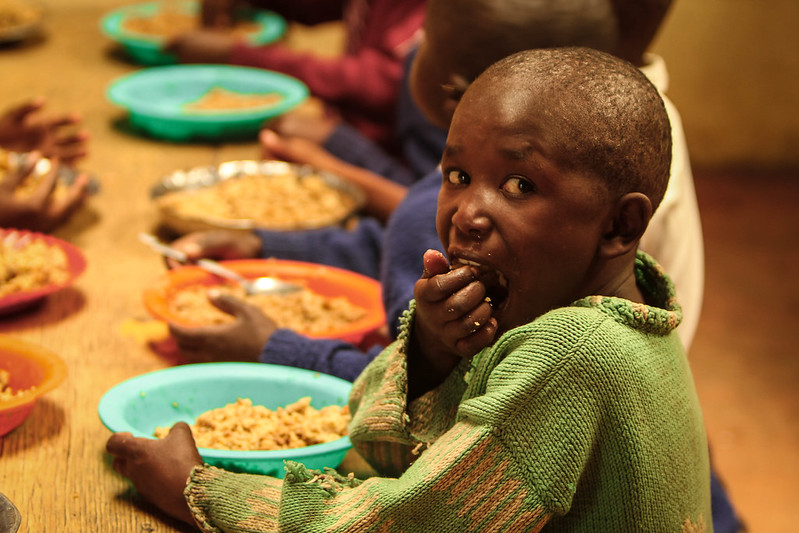More Nigerians To Go Hungry By 2025
The food insecurity crisis in Nigeria is indeed alarming, with 25 million people already at risk and an additional 7 million projected to join them by 2025, according to the United Nations ¹. The recent floods in northern Nigeria and drought in southern Nigeria have severely impacted food production, exacerbating the issue. Conflicts between farmers and herdsmen, climate change, inflation, and poor infrastructure are also significant contributors to this crisis.

Immediate Actions Needed:
Infrastructure Development: Invest in storage facilities, rural roads, and processing infrastructure.
Humanitarian Aid: Provide emergency food assistance to vulnerable populations.
Conflict Resolution: Address underlying causes of conflicts to restore stability.
Climate-Resilient Agriculture: Implement climate-smart farming practices.
Economic Support: Implement policies to reduce inflation and food prices.

ABOUT FSRP
The West Africa Food System Resilience Programme (FSRP) is a World Bank funded program, promoted by ECOWAS for participating countries. It is to strengthen food system risk management, improve the sustainability of the agricultural productive base and harmonize agricultural markets in the West African sub region. Participating countries include Burkina Faso, Mali, Niger, Chad, Sierra Leone, Togo and Chad. In Ghana, FSRP which is beingLong-term Solutions:
- Agricultural Transformation: Boost productivity through irrigation, fertilizers, and high-yield seeds.
- Social Protection Programs: Support vulnerable populations, especially children and women.
- Food System Strengthening: Enhance food storage, distribution, and marketing.
- Climate Change Adaptation: Develop and implement climate-resilient agricultural practices.
- Private Sector Engagement: Encourage investment in agriculture and food processing.
The Nigerian Economic Summit Group (NESG) also emphasizes the need for a comprehensive approach to address the food crisis, highlighting institutional, policy, and industrial coordination gaps ². To prevent a catastrophic crisis, the Nigerian government and stakeholders must prioritize food security through collaborative efforts. implemented by the Ministry of Food & Agriculture, is focusing on the intensified production, marketing and consumption of wholesome Rice, Maize, Broiler Poultry, Soyabeans (for the poultry) and Tomatoes.

